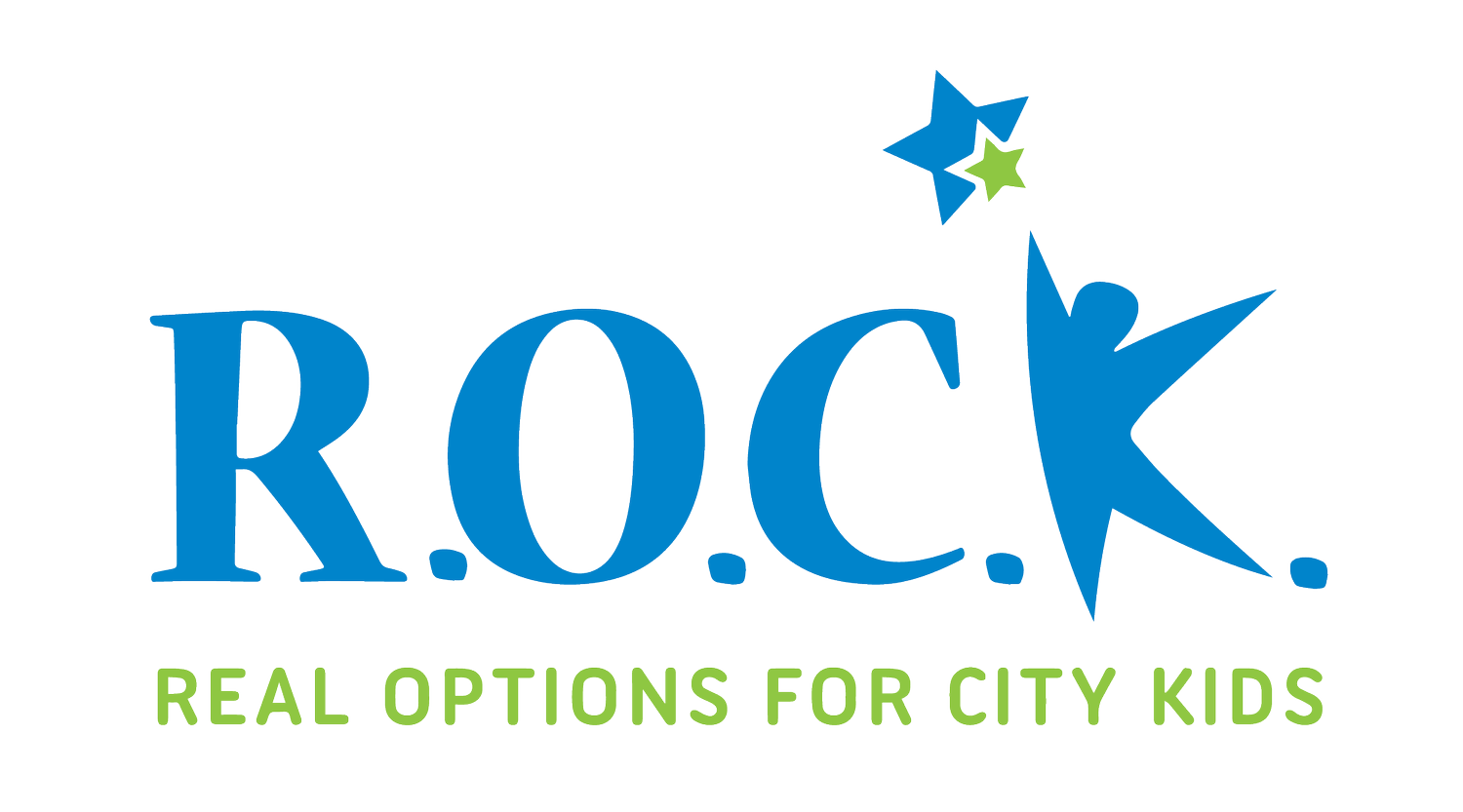
Seventh - Eigth Grade
Developmental Characteristics
Physical
May appear awkward as result of rapid physical growth
Experiencing the beginning of puberty
Differ greatly in rate of maturation
Need to become familiar with changing body with strong drives
Tend to tire easily
Have a high activity level and appetite
Enjoy cooperative games and competitive sports
Social Emotional
Sensitive to their appearance
Establishing a personal moral code
Unsure of their place in society
Depend on their peer group to develop identity
Critical of their parents and home
May adopt extremes and fads in clothing, speech, handwriting, and mannerisms
Form close one-on-one friendships
Enjoy small, peer-dominated group discussions
Have a strong desire to assert individuality and independence
Cognitive
Capable of high level of abstract thought
Beginning to think about their future life roles
Need time and freedom to engage in self-reflection
Are able to postpone gratification
Can plan ahead and organize tasks with little or no guidance from adults
Beginning to develop views about social issues
What is Happy?
Students reflect on what happiness means to them individually and collectively, then collaborate to create a shared classroom vision of happiness.
How We View Others
Students explore their perceptions of others and themselves through guided reflection using game-based prompts to build empathy and self-awareness.
World Changers
Students imagine a better world by creating and presenting actionable ideas for helping others through a poster exhibition.
My People Poem
Students reflect on their identity and heritage by writing personal poems inspired by Langston Hughes’ My People.
Girls vs. Boys
Students examine and challenge gender stereotypes by analyzing outdated messages and creating modern comics that promote gender equality.
Celebrating Black History & Creating Black Futures (We Do It For The Culture)
Students explore the concept of “freedom dreaming” by reflecting on Black history and envisioning a future shaped by justice, creativity, and collective joy.
What’s so bad about “That’s so gay”? (Learning For Justice)
Almost every teacher has heard students use the expression, “that’s so gay” as a way of putting down or insulting someone (or to describe something). These lessons will help students examine how inappropriate language can hurt, and will help them think of ways to end this kind of name-calling.










